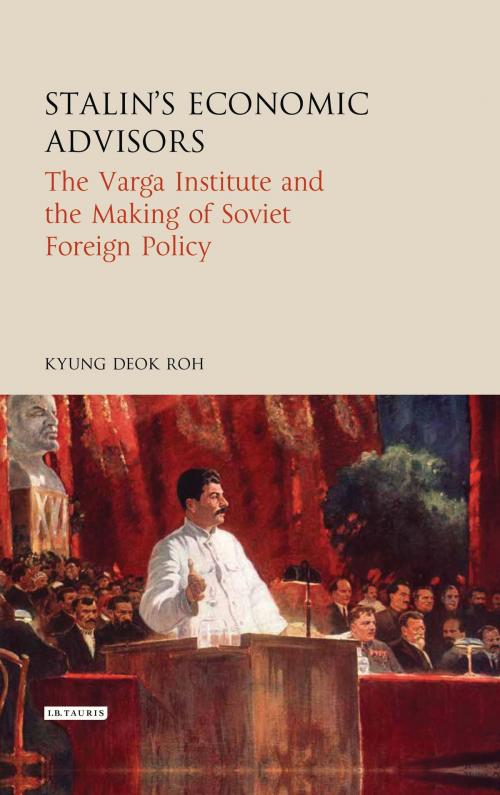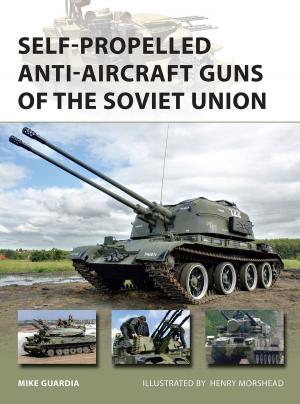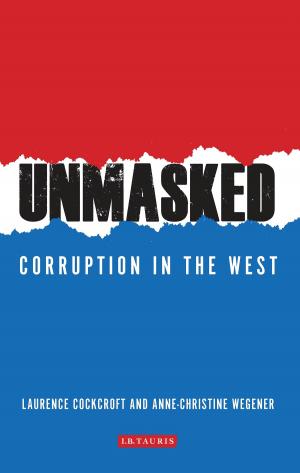Stalin's Economic Advisors
The Varga Institute and the Making of Soviet Foreign Policy
Nonfiction, Social & Cultural Studies, Political Science, Business & Finance, History| Author: | Kyung Deok Roh | ISBN: | 9781786723178 |
| Publisher: | Bloomsbury Publishing | Publication: | February 9, 2018 |
| Imprint: | I.B. Tauris | Language: | English |
| Author: | Kyung Deok Roh |
| ISBN: | 9781786723178 |
| Publisher: | Bloomsbury Publishing |
| Publication: | February 9, 2018 |
| Imprint: | I.B. Tauris |
| Language: | English |
Soviet foreign policy in the Stalin era is commonly assumed to have been a direct product of either Marxist ideology or the leader's whims. Both assumptions, however, oversimplify the complex and subtle factors involved in its creation and implementation. Kyung-Deok Roh provides an alternative, more nuanced, explanation and demonstrates the key role played by Stalin's economic advisors. The so-called 'Varga Institute' , a 'think tank' led by Evgenii Varga, developed a unique scholarly discourse on the capitalist economy and international politics, based on an amalgam of Marxist economics and, notably, the work of American economist W. E. Mitchell. The institute's scholarship, which suggested the resilience, adaptability and stability of the capitalist economy, created the discursive space within which decisions were made, and influenced Stalin to move increasingly from aggressive strategies towards more cautious international policies.
Soviet foreign policy in the Stalin era is commonly assumed to have been a direct product of either Marxist ideology or the leader's whims. Both assumptions, however, oversimplify the complex and subtle factors involved in its creation and implementation. Kyung-Deok Roh provides an alternative, more nuanced, explanation and demonstrates the key role played by Stalin's economic advisors. The so-called 'Varga Institute' , a 'think tank' led by Evgenii Varga, developed a unique scholarly discourse on the capitalist economy and international politics, based on an amalgam of Marxist economics and, notably, the work of American economist W. E. Mitchell. The institute's scholarship, which suggested the resilience, adaptability and stability of the capitalist economy, created the discursive space within which decisions were made, and influenced Stalin to move increasingly from aggressive strategies towards more cautious international policies.















